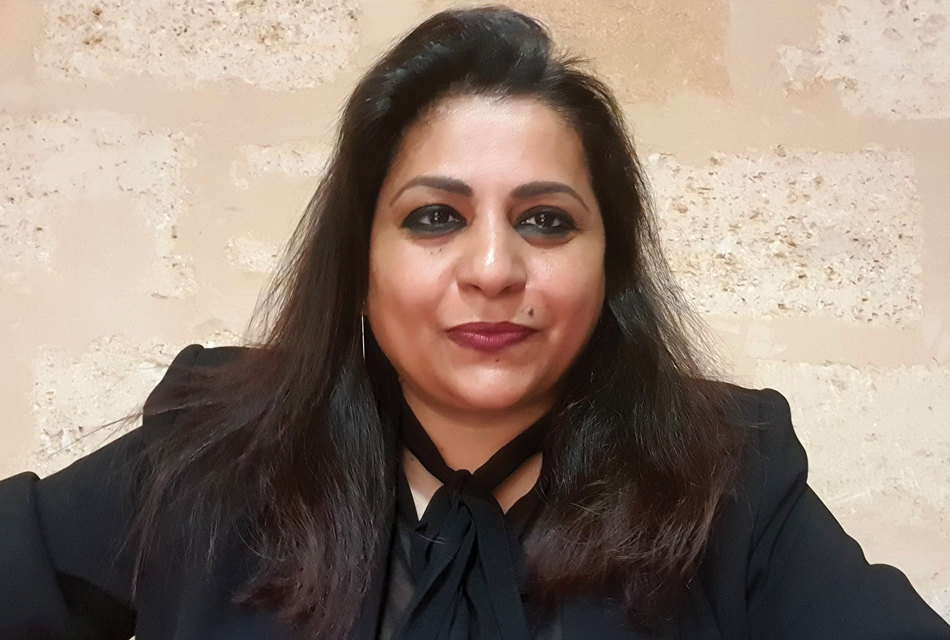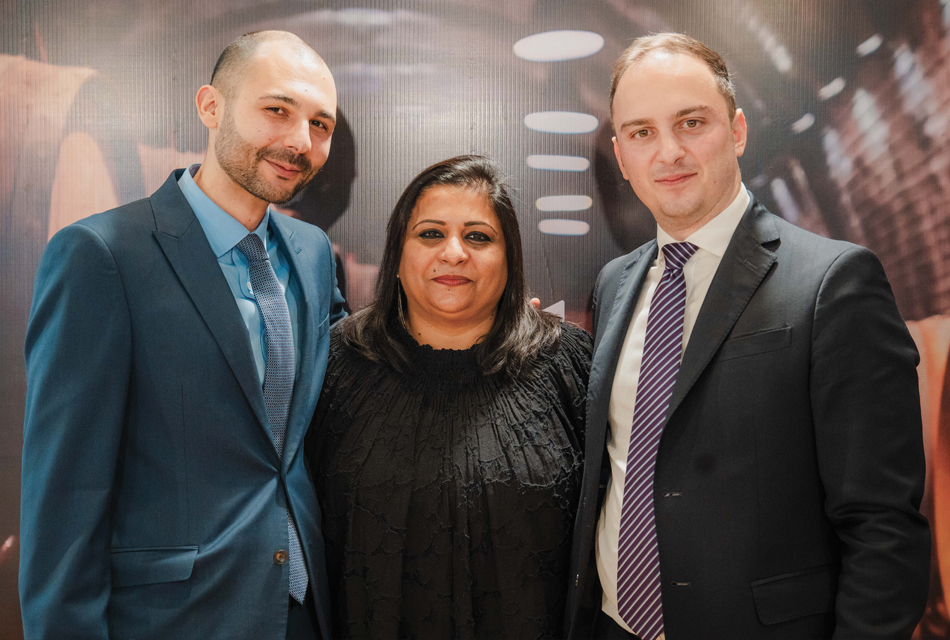
Tell us about your career history.
What led you to work in the world of wine?
Born and raised in India, I tasted wine for the first time only in 2004, as the general preference in the country has been spirits. In the years following that, my curiosity and interest in wine deepened, and I explored more while travelling abroad.
After having significantly contributed to the evolution of women’s fashion in India clubbed with experience in launching and establishing global luxury, designer, lifestyle and beauty brands for 17 years, I decided to give up an established career in the fashion industry to pursue my passion for wine.
I moved to Bordeaux, France, in 2018, completed an MSc in Wine and Spirits Management from Kedge Business School, along with WSET level 3 in wines and subsequently attained the WSET diploma in wines. Currently, I am a stage 2 candidate at The Institute of Masters of Wine and one of the three Winners of 2023 Taylor’s Port Golden Vines Diversity Scholarships and a Gérard Basset Foundation Scholar. I created and self-funded my company during the pandemic in 2020 and later also co-founded an international export & marketing agency.
You have recently created the Sommeliers Association of India. What are your goals?
I attended the Best Sommelier of the World competition in Paris last year to support Mattia Antonio Cianca, who was representing Italy. We noticed that while there was representation from many Asian countries, India, with the largest and youngest population in the world and considered a benchmark in hospitality standards, was missing from the lineup.
Apart from Mattia Antonio Cianca (2017 ASI Best Sommelier of Australia and 2019 ASI Best Sommelier of Italy), Salvatore Castano (2021 ASI Best Sommelier of Europe and Africa) and Vinod Abrol (Ex CFO, financial and legal expert based in New Delhi, India) also joined forces to take forward the project. We connected with Nina Basset FIH, the founding trustee of the Gérard Basset Foundation, who had earlier served as secretary general and has been an integral part of the ASI for many years. Nina introduced us to the Saiko Tamura-Soga (ASI, vice-president Asia and Pacific) and Higgo Jacobs (director Bylaws committee) to understand the requirements for membership.
Our endeavour has not only been to create the Sommeliers Association of India but also to get it affiliated to ASI at the very outset. It is the opportune moment for the launch of an internationally affiliated body that will bring India into special focus and provide Indian professionals opportunities on the world stage.
Our vision for the Sommeliers Association of India is to create a vibrant and inclusive community of wine enthusiasts and professionals dedicated to elevating the standards of wine and other beverage service along with education. We aim to foster a culture that celebrates the rich diversity of wines, both domestic and international, cultivate a new generation of sommeliers, and promote responsible and informed consumption.

Was it a challenge as a woman?
People describe me as limitless, courageous and a reliable friend for the choices I have made in my life. In 1999, I chose to study Master’s in fashion management, deviating from the conventional career options in India. After a very successful and established career in the fashion industry, I decided to pursue my passion for wine. Raised by progressive and strong women and coming from a family where education was always the priority, I have always led the change, shattered obstacles and created opportunity for collective growth!
Tell us about viticulture in your country.
The modern wine industry began to develop in the late 20th century, with significant growth in the 1990s. Government initiatives, foreign investments, and rising domestic demand have all contributed to the industry's expansion. Most of India's wine regions are located in the south-western part of the country, primarily in the state of Maharashtra and in Karnataka. Maharashtra wine-growing region accounts for two -thirds of the national wine production and is home to the best-known Indian wineries with Nashik region known as the wine capital of India.
Is there an Indian market for wine?
India is the third largest alcohol and beverage market in the world, the largest for whisky and the fastest growing for wine. It is the fifth largest economy in the world with a $3.7 trillion GDP, and a rise in income has increased spending capacity of Indians.
India’s wine market is estimated to be valued at US$ 238 million, where imported wine accounts for 30 percent and the rest is catered for domestically.
India's luxury market will cross $200 billion by 2030, growing to 3.5 times its current size. Wine and premium spirits enjoy a strong association with luxury and will benefit greatly from this trend. India has 600 million population between 18 to 35 years of age and 100 million people will be added to the legal drinking age every five years. (Source: IWSR, India Wine Insider (IWI) Report, Forbes India).
Lastly, do you have a favorite food and wine pairing in India?
Food and wine pairing in India is an evolving concept. There is much more to it than spicy Indian cuisine being paired best with wines with residual sugar. One of the major focus areas of Sommeliers Association of India would be to develop the experience of diverse Indian foods with Indian and international wines.
There will be clear focus on cultural integration as well, that would embrace and celebrate the cultural diversity of India by incorporating regional wine traditions and cuisines into SAI’s educational programmes for different categories and different member profiles, including the exploration of local and global wine and food pairings.
Interview by Sandy Bénard-Ravoisier